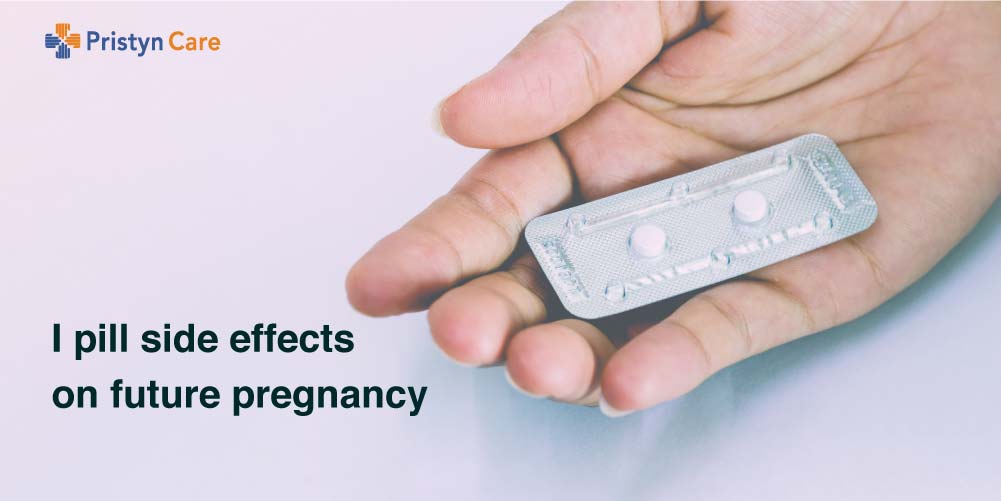
One of the most common questions asked by couples is whether I-pill has an adverse effect on future pregnancies and fertility. Most couples feel highly vulnerable at this stage and moreover, confronting their infertility problem and concern becomes a difficult challenge.
I-pill is an emergency contraceptive pill, which works by releasing either of the hormone levonorgestrel or ulipristal acetate into the female’s body. This delays the process of ovulation by delaying the release of an egg. A young female, especially below the age of 20 should consult a gynecologist before taking an i-pill.
Table of Contents
Will I-pill prevent my future pregnancies?
Here is your answer- No, using I-pill, also popular as the morning-after pill, does not affect a female’s fertility or future pregnancies. The emergency pill will not prevent her from getting pregnant in the future.
Emergency contraceptive pills are safe to use whenever it is necessary. However, I-pill is not recommended as a form of birth control because it is not as effective for preventing pregnancy as the other birth control methods like the pills, IUD, patch, ring, or shot. Also, regular use of the I-pill may cause irregular or unpredictable periods.
Also Read- Beginner’s Guide to Emergency Contraceptives
When should you take I-pill?
Emergency contraceptives can reduce the risk of pregnancy if it started until 120 hours of unprotected vaginal sex. The sooner you take it, the better the effectiveness. If taken within 72 hours of unprotected sex, it can reduce the risk of pregnancy by 75 to 89%.
Females who have taken I-pill both for the short and long-term are likely to experience a temporary delay in conception. However, it does not affect a female’s chances of getting pregnant or her fertility. Some studies have shown a good sign for females who take the I pill, with respect to future pregnancies or fertility.
How effective is I-pill?
The effectiveness of the I-pill is 90% with the failure rate being up to 10%. But, you should note the results of the I-pill can vary with the time of consumption pill. The sooner you take the i-pill after having unprotected sex, the more effective it would be. The effectiveness of the I-pill is maximum within the first 24 hours of unprotected intercourse.
Side-effects of I-pill

I pill has a high dosage of hormones. Because of taking such a high dose in just a single pill, the normal menstrual cycle of the female may get disturbed and she may bleed irregularly or have a delayed period in the next cycle.
The pill can also cause nausea, vomiting, breast tenderness or discomfort, and pain. If this happens to you, avoid taking I-pill, or even if you have to, it is always a good idea to take an antiemetic (anti-vomit pill) 2 hours prior to the I pill.
Overview
Regular contraceptive methods are a more effective and better option for long term use. I-pill is an emergency pill, so, it should be used rarely, exclusively for an emergency only.
If you are trying to get pregnant, it is important to understand which factors can affect your fertility, and which cannot. Stress, lifestyle, and genetic factors play an important role in the chance of getting pregnant.
If you are starting to worry about the situation, speak to a specialist. Women over 35 should take this matter more seriously and not delay getting a professional’s consultation. For the best advice on such problems, reach out to our expert gynecologist!
Also Read:







